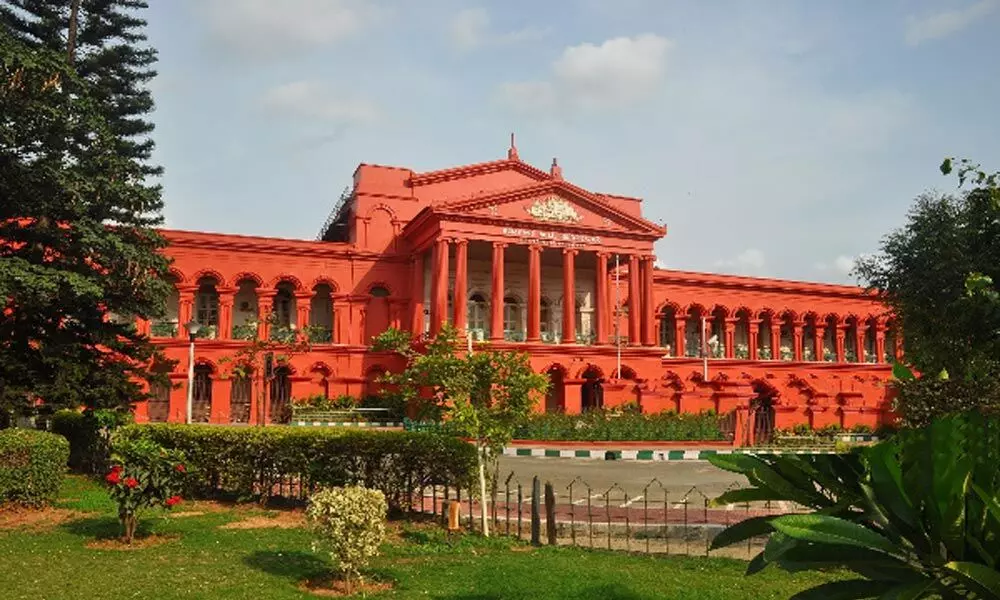Gaming companies get a breather from Karnataka High Court
The Court stuck down many contentious provisions with regard to banning of gaming in the State
image for illustrative purpose

Bengaluru: Gaming startups on Monday got a breather from the Karnataka High Court as the judicial body stuck down many contentious provisions with regard to banning of gaming in the state. The court, however, left it open to the legislature to consider a new law in conformity with the Constitutional law against gambling.
In October last year, the Karnataka government had notified the law banning betting and wagering in online games. The Karnataka Legislature had passed amendments to the Karnataka Police Act, 1963, giving these provisions legal status.
The state government pleaded that its amendments do not ban online "games of chance" or "game of skill", they restrain people from risking money "on the happening of an uncertain event and online platforms are prohibited from inducing gullible public with lure of unattainable prizes."
The Tamil Nadu had also promulgated an ordinance amending its Gaming & Police Laws Act, 2021, which banned online gambling. However, the Madras High Court struck down the amendments calling the law unconstitutional. In a similar event, Kerala High Court had also stuck down a provision prohibiting online rummy games in the state.
Increasing restriction on online gaming platforms are threatening to derail the growth prospects of this industry. India is one of the world's largest markets for gaming platforms with more than 840 million downloads. With China cracking down on its e-gaming companies, Indian contenders were earlier expected to see better growth prospects in India and abroad.
Currently, large PE firms are aggressively betting on Indian e-sports industry with marquee firms such as Sequoia Capital & Tiger Global Management investing in this growing segment.
This segment also has two unicorns- MPL & Dream11 with market cap of one billion dollar or more.
Industry sources said that the south Indian states accounts for more than 25 per cent of the Indian gaming industry. With higher internet penetration rate and disposable income, southern region is one of the fastest growing markets for Indian gaming industry. With ban coming into effect in key states, the revenue growth is expected to be badly impacted.
Moreover, investment by many marquee PE investors in this segment is at risk with a possibility of dip in valuation.

